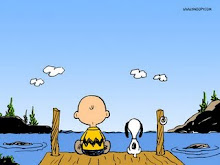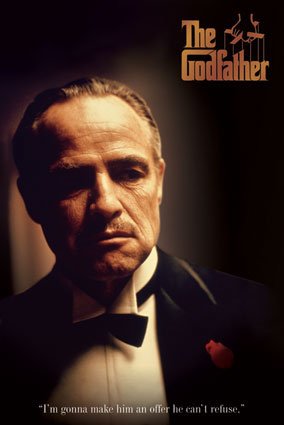Conspirator

- Brian
- I went out there in search of experience To taste and to touch and to feel as much As a man can before he repents.
 A few years ago, while living in Vienna, we happened across the AMC television program Mad Men. Happening across a television program is a pretty exciting thing when you live overseas and do not own a television (we watch on a laptop); it was a pretty exciting discovery for us. We didn't make the discovery until the second season was completed, so we watched a few hours of Mad Men each evening for several weeks during the summer of 2008. I think we were the only people in Vienna familiar with the show. In fact, Gretchen and I were recently talking about how it's a little surreal to be back in the U.S. where the show is commonplace and part of everyday coversation and pop culture.
A few years ago, while living in Vienna, we happened across the AMC television program Mad Men. Happening across a television program is a pretty exciting thing when you live overseas and do not own a television (we watch on a laptop); it was a pretty exciting discovery for us. We didn't make the discovery until the second season was completed, so we watched a few hours of Mad Men each evening for several weeks during the summer of 2008. I think we were the only people in Vienna familiar with the show. In fact, Gretchen and I were recently talking about how it's a little surreal to be back in the U.S. where the show is commonplace and part of everyday coversation and pop culture.
